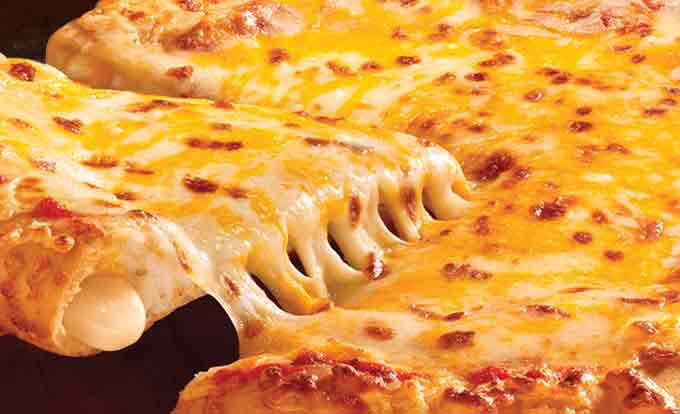Tl;dr: SFA and DHA
Essential fatty acids? Well, there’s really only one, DHA, and we really only need a gram or two. In other words, our entire requirement for dietary fat can be met by about 2% of total calories (plus a few extra grams to accommodate fat-soluble vitamins) (plus DHA is never the sole fat in a food, so you’d be getting a few more grams of other fats, too). But still, a very low fat diet! But impractical and probably not very palatable or healthy.
On average, dietary fat comprises about a third of calories, roughly equally divided between SFA, MUFA, and PUFA (slightly less PUFA).
Major sources of SFA are pizza and desserts – no wonder SFA gets a bad rap!
Of the PUFAs, 15-20 grams are n6 linoleic acid and <2 grams are n3 linolenic acid. This is why the n6/n3 ratio is so out of whack: WAY too much linoleic, ie, vegetable oil. No bueno.
Books: Omega-6/Omega-3 Fatty Acid Ratio: The Scientific Evidence & Fatty Acids: Physiological and Behavioral Functions
Honestly, I don’t care much for these two fatty acids, but should really get way less linoleic. And a bit more linolenic wouldn’t hurt… primarily to block n6 conversion; not really to push n3 conversion because it’s dismally low: 5% of 4g = 200 mg of the estimated 1g requirement. Sure, some women with low n6 and high n3 intake could theoretically meet the DHA requirement via n3 conversion, but much easier to eat a serving of seafood.
Salmon is ~1% DHA by weight, so 100g serving of salmon would be enough by itself, but in practice would need less because there are other sources of DHA in your diet. But with DHA, my advice leans toward “more is better” if it’s from whole foods because: 1) “need < optimal;” and 2) it’s difficult to get too much DHA from whole foods (if “too much DHA” even exists)…
For people following high fat diets, I think SFA should be the biggest contributor for a couple reasons. From a lipid peroxidation and hepatoprotective perspective, SFA are the safest bet. Cook with coconut oil, cocoa butter, and butter or ghee. Avocados and olive oil are good sources of MUFA, which I largely view as health-neutral. And n6 PUFAs should be minimized especially on high fat diets.
Coconut oil: has MCTs, which are cool: cheaper boost in ketones than ketone supps (albeit more calories).
Tl;dr: SFA and DHA
For full access to all articles and much more (or if you just like what I do and want to support it), become a Patron! It’s three bucks a month and there are many other options. Sign up soon because there are only a limited number of spots left at the $3 level. It’s ad-free and you can cancel if it sucks ????
Also, I’m open to suggestions, so please don’t hesitate to leave a comment or contact me directly at drlagakos@gmail.com.
Affiliate discounts: if you’re still looking for a pair of hot blue blockers, Carbonshade is offering 15% off with the coupon code LAGAKOS and Spectra479 is offering 15% off HERE. TrueDark is running a pretty big sale HERE. If you have no idea what I’m talking about, read this then this.
20% off some delish stocks and broths from Kettle and Fire HERE.
If you want the benefits of ‘shrooms but don’t like eating them, Real Mushrooms makes great extracts. 10% off with coupon code LAGAKOS.



